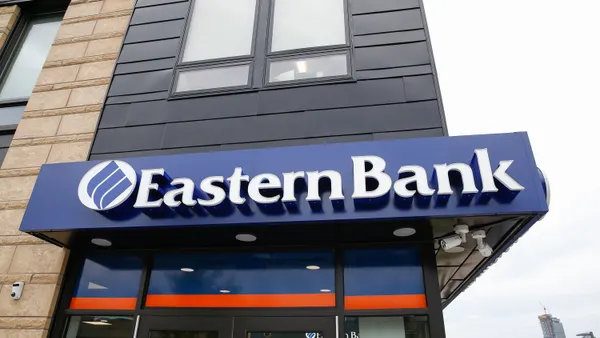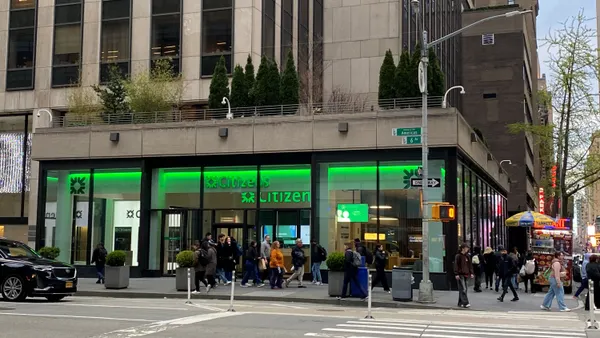Upgrade has acquired Uplift, a buy now, pay later firm that specializes in travel, for $100 million in cash and stock, the neobank and credit card startup announced on Thursday.
The deal, Upgrade’s first acquisition, more than doubles the fintech’s customer base by adding 3.3 million users to its existing 2.5 million, CEO Renaud Laplanche said.
“We're truly combining strength and forces in a way that makes sense,” Laplanche said of the deal. Initial discussions between the two firms began in May, he added.
Both Upgrade and Uplift, share a similar customer demographic, he said.
Most Upgrade and Uplift users are in their early 40s with an average income of about $100,000 and an average FICO score of about 700, Laplanche said.
“Uplift has built this amazing distribution network of many of the world's largest airlines, cruise lines and hotel chains,” he said. “The ability for all of us to benefit from that distribution is pretty significant from the Upgrade side.”
Uplift, which was co-founded by Brian Barth in 2014, offers installment loans for vacation packages and has a network of 300 airlines, cruise lines and hotel chains.
In 2019, the Sunnyvale, California-based Uplift said it was on track to hit $1 billion in loans, according to TechCrunch.
The deal marks Upgrade’s foray into the growing BNPL space. But Laplanche said the BNPL business model is not unlike the neobank’s existing offerings.
“You can think of BNPL as financing at the point of sale,” he said. “We have home improvement financing where we work with window installers and roofers and HVAC manufacturers, all kinds of partners that also make credit available at point of sale to their customers.”
The San Francisco-based Upgrade also has an auto loan product it offers in partnership with auto dealerships, he added.
“[BNPL] already fits within our broader strategy of making credit available at the point of sale in addition to the sort of direct-to-consumer strategy that includes mobile banking, credit cards and loans,” Laplanche said.
Upgrade, which is not a bank, sells loans to its network of 220 partner banks and credit unions.
The firm also offers its customers a high-yield savings account by sweeping funds into partner banks that are hungry for deposits.
“We get pretty low-cost funding. So there's going to be an opportunity to lower the cost of credit for people financing their travel expenses,” he said.
Laplanche said the entire Uplift team will remain on board as part of the acquisition.
M&A opportunities
Laplanche described the neobank’s first acquisition as a milestone for the six-year-old company. Laplanche, who founded LendingClub in 2006 before launching Upgrade in 2017, said he thinks more consolidation will take place amid a global slump in fintech venture funding.
Higher interest rates and a global economic slowdown have cooled the demand for venture investing.
“Valuations have come down a lot. There is less private investment in the last few quarters, so it has been harder for fintech companies to raise money,” Laplanche said.
Overall U.S. venture funding for the second quarter decreased 27% to $31.3 billion from the first quarter and was cut almost in half relative to the year-ago second quarter, according to a report by CB Insights.
The second-quarter funding level this year was the lowest level since the fourth quarter of 2019, according to the report.
On a global scale, investments in fintech startups fell 48% for the second quarter to $7.8 billion, down from $15.1 billion for the first quarter of the year. That was a bigger drop than for other major sectors, the July 13 report said, as overall venture funding fell.
But the downturn presents an opportunity for well-capitalized firms like Upgrade to take advantage of lower valuations, Laplanche said.
The fintech, which became profitable in 2021, also raised $280 million at a $6 billion valuation that same year, Laplanche said.
“With two years of profitability, we’ve been adding to our treasure chest every month,” he said. “So for some of the larger companies that exist and who have a lot of capacity, I think now's a great time to take advantage of lower valuations.”












